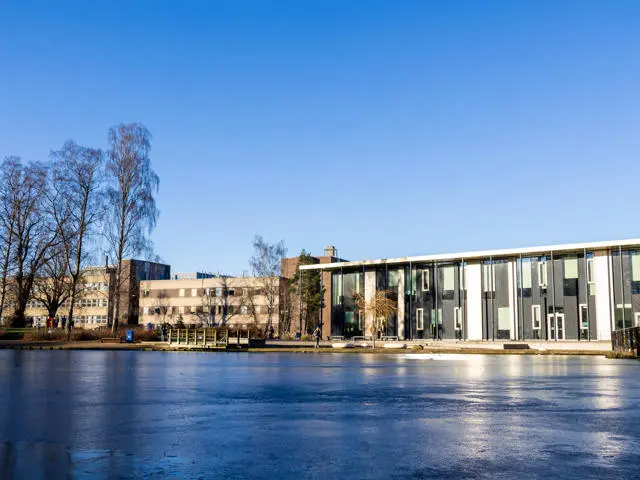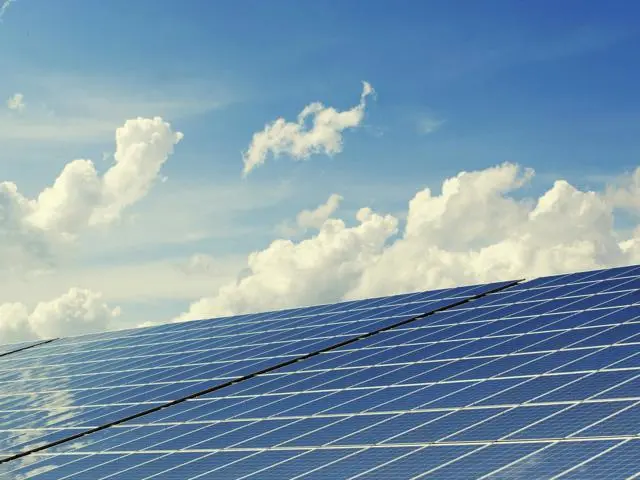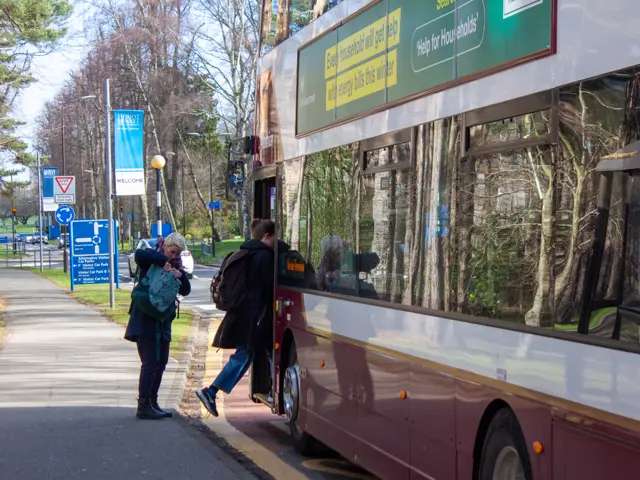Our global campuses

Deserts, islands and cities.
Our global campuses encompass a variety of settings across five locations and three countries. Our first and largest campus is located in a parkland setting on the outskirts of Scotland's capital city, Edinburgh. Also in Scotland are our Scottish Borders campus, set in beautiful, lowlands countryside, and our Orkney campus in the stunning Isles of Orkney. Our two international campuses are located in the futuristic Dubai Knowledge Park, UAE and on a scenic lakeside in Putrajaya, Malaysia.
Each campus presents unique sustainability challenges and opportunities. The transition from gas-fired heating presents the major decarbonisation challenge at our Edinburgh campus while our Orkney campus is linked with cutting-edge renewable energy innovation. A heat from wastewater, renewable energy scheme is helping to enable our journey to net zero at our Scottish Borders campus, while our award-winning Dubai and Malaysia campuses are at the forefront of technical innovation for green building standards.
Our Dubai campus is the only campus in the UAE to achieve a LEED (Leadership in Energy and Environmental Design) Gold status for its environmentally-friendly design, and energy and water-saving measures. Our Malaysia campus was purpose-built as Malaysia's first green campus, complete with a living grass roof, screening the naturally ventilated areas below, with solar-shading and a rainwater-harvesting system.
Sustainability across our campuses
Explore the different efforts we make across our campuses to enhance on-campus sustainability, support our students and staff in engaging with their local environment and create a sense of shared ownership within our campus communities.



